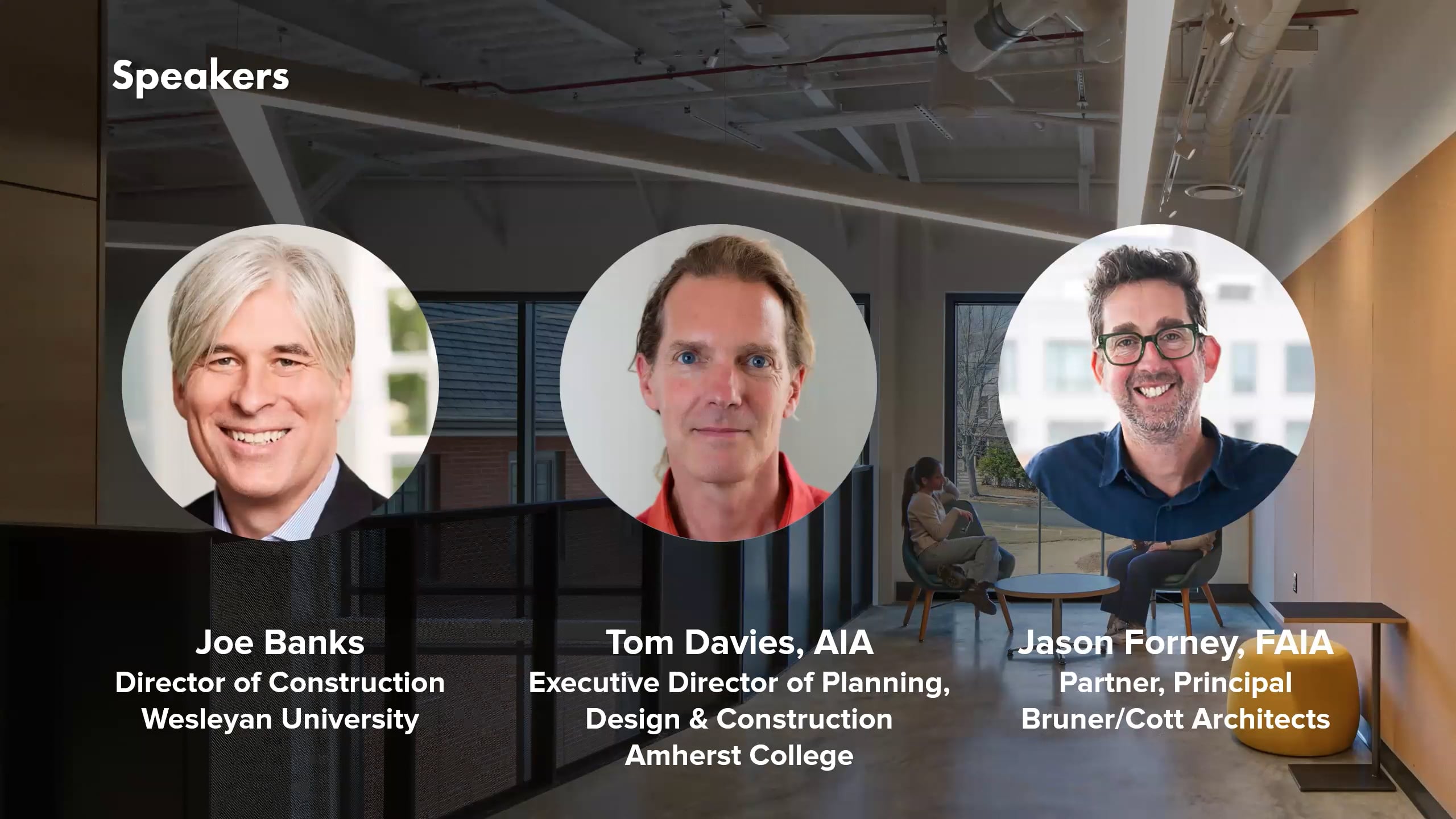- Integrated Planning
Integrated Planning
Integrated planning is a sustainable approach to planning that builds relationships, aligns the organization, and emphasizes preparedness for change.
- Topics
Topics
- Resources
Resources
Featured Formats
Popular Topics
- Events & Programs
Events & Programs
Upcoming Events
- Community
Community
The SCUP community opens a whole world of integrated planning resources, connections, and expertise.
- Integrated Planning
Integrated Planning
Integrated planning is a sustainable approach to planning that builds relationships, aligns the organization, and emphasizes preparedness for change.
- Topics
Topics
- Resources
Resources
Featured Formats
Popular Topics
- Events & Programs
Events & Programs
Upcoming Events
- Community
Community
The SCUP community opens a whole world of integrated planning resources, connections, and expertise.
 Conference Recordings
Conference RecordingsAt the Edge: Connecting Campus and Community Through Transformative Reuse
 Published June 17, 2025Presented by Joe Banks, Director of Construction, Wesleyan University | Tom Davies, Executive Director of Planning, Design and Construction, Amherst College | Jason Forney, Principal, Bruner/Cott ArchitectsPlanning Types: Campus Planning
Published June 17, 2025Presented by Joe Banks, Director of Construction, Wesleyan University | Tom Davies, Executive Director of Planning, Design and Construction, Amherst College | Jason Forney, Principal, Bruner/Cott ArchitectsPlanning Types: Campus PlanningEvery campus has underused edges it can leverage as important connections to community within and beyond its boundaries Transformative reuse provides an opportunity to deploy new programs, restore important historic structures, and foster community in different ways. In this session, we’ll discuss how Wesleyan University and Amherst College invested in an underused, historic campus-edge buildings to develop a nexus for creative community, a student run hub, and a think tank for the humanities. You will discover parallels and ways of employing similar strategies to create meaningful connections between the campus and community. Furthermore, we’ll demonstrate how the reuse of existing buildings offers design inspiration while avoiding the embodied carbon of building new.
Learning Outcomes:
- Find inspiration to take a second look at existing and possibly-underused buildings on the edges of campus to imagine new possibilities for on and off-campus communities.
- Seek opportunities to create high-quality learning environments that can foster community engagement and develop into new campus districts for all.
- Discuss how pushing the boundaries of what is physically possible with old campus buildings and their place on campus can result in great success for administration, donor support, community collaboration, and student success.
- Explain how reusing old buildings can support campus sustainability goals and avoid the use of embodied carbon.
Delivered 06/17/2025.
EVENT REGISTRANTS ONLY
Attention: Log in to access this item. - Topics
- Topics


